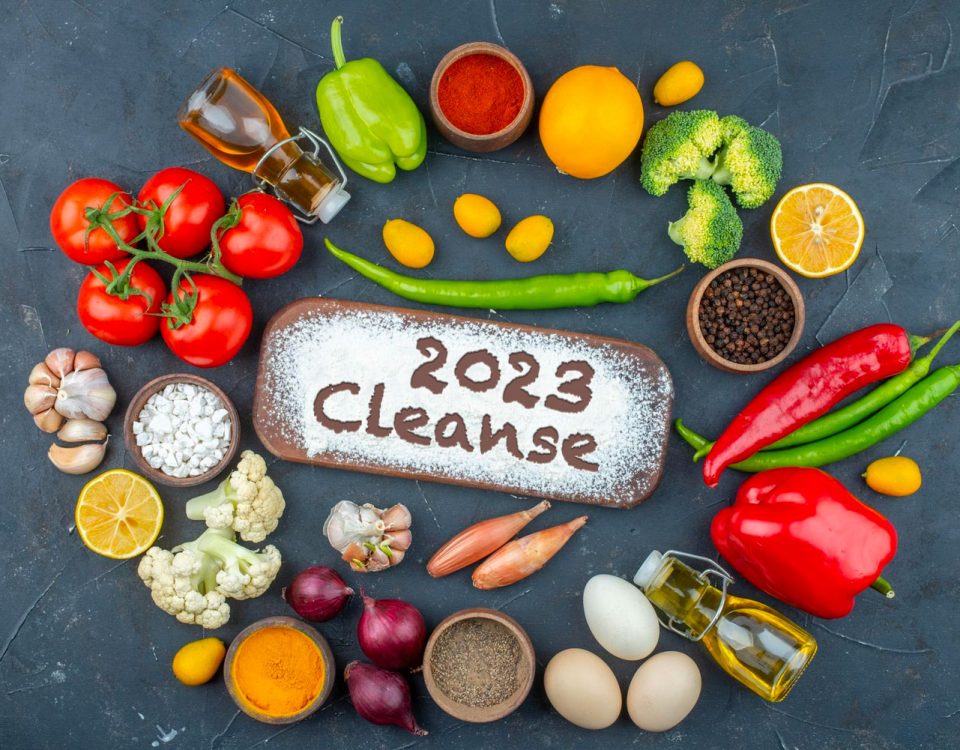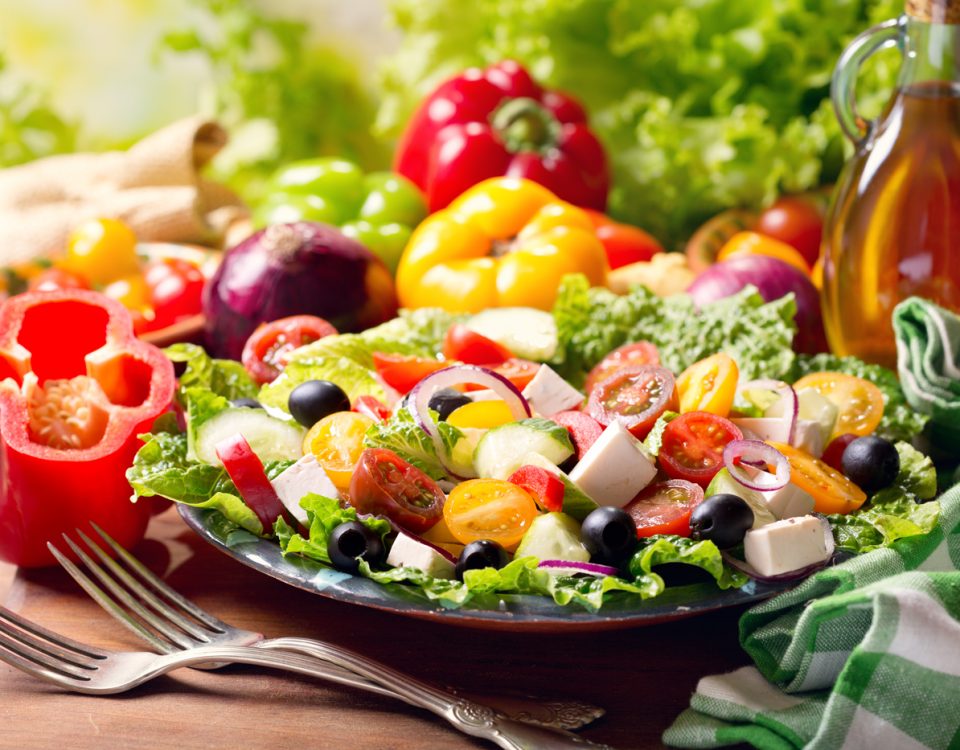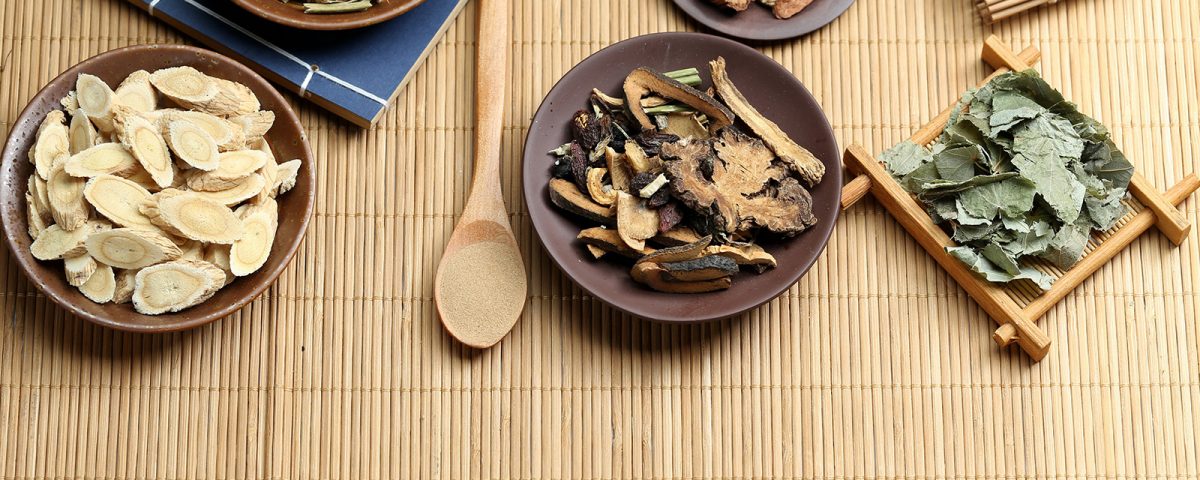
As reluctant as we may be to admit it, the nights are drawing in and it’s that time of year when we may need to give our immune systems some attention. Partly driven by the reduction in sunlight and changes in our circadian rhythms (body clocks), our resistance to infections is lowered and our moods and energy levels can also be impacted. How and what we eat at this time of year in particular plays a key role in staying bug-free.
Here's my guide to eating for immunity.
1. Eat plenty of antioxidant foods
Antioxidants protect cells from damage by free radicals, the natural byproducts of metabolism, stress and exercise. They also stimulate the production of white blood cells, the body’s defence mechanism. Promote the following sources of antioxidants in your diet:
Vitamin A especially in the form of beta–carotene is a powerful antioxidant and reduces inflammation, enhances white blood cell function and helps maintain the health of our skin and mucus membranes.
Sources: think orange: carrots, sweet potato, butternut squash, papaya, mango, melon, apricot and red and yellow pepper. Broccoli is also a great source.
Vitamin C
There are many studies confirming the role vitamin C plays in boosting the immune system. It increases white blood cells and antibodies, which prevent viral or bacterial attack.
Sources: peppers, green leafy vegetables like kale and broccoli, kiwi, citrus fruits, strawberries, squash and tomatoes.
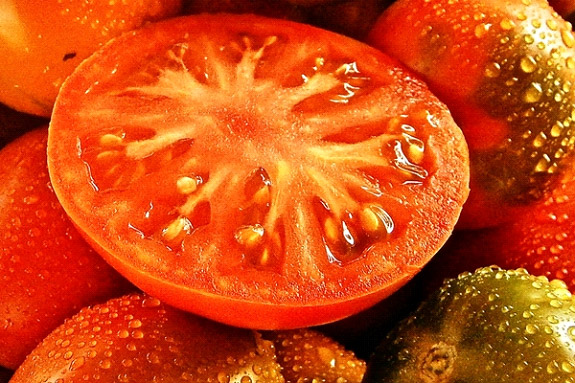
Vitamin E
Vitamin E helps release natural ‘killer cells’, which destroy germs and toxins. It may also help reverse the age-related decline in immunity by reducing free radical damage.
Sources: nuts, seeds, avocado, eggs, leafy green vegetables, broccoli, carrots, red pepper, pumpkin, olives and olive oil.
Bioflavonoids
Bioflavonoids also help us fight infection and protect our cells against environmental pollutants and toxins.
Sources: berries, green and white tea, broccoli, kale, garlic, onion, turmeric, ginger, legumes, grapes and red wine.
Certain foods clearly contain many of the key micronutrients, so if you’re eating plenty of green leafy veg, broccoli and a colourful array of berries and vegetables, you’re probably on the right track!
As the weather turns, you may be less inclined to eat salads/raw veg, so do remember not to overcook vegetables in order to preserve their nutrients. Steaming or lightly stir-frying (adding garlic/turmeric/chilli where you can) are good options. Vegetable-based smoothies or juices are another great way to flood the body with antioxidants.
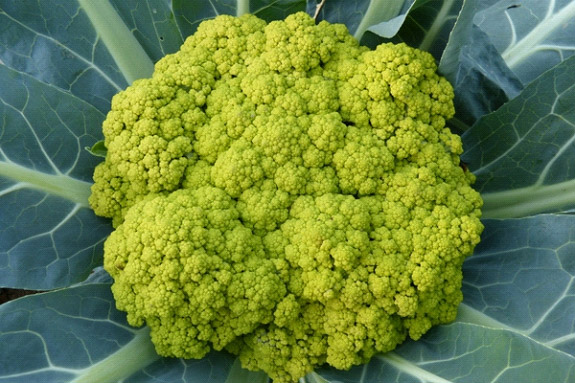
2. Include these other key micronutrients
Vitamin D
As well as aiding calcium absorption, vitamin D plays a vital role in arming the body's T cells, which destroy bacteria and viruses. We create vitamin D from the sunlight we absorb. However, as we hit the autumn, our reserves of vitamin D will dwindle again.
Sources: salmon, tuna, mackerel, liver, egg and fish oils. I would also suggest taking a D3 supplement as we head into winter, such as Allergy Research Group’s Complete D3 or Better You D Lux spray which are both well absorbed.
Zinc
When we are stressed, zinc reserves are amongst the first to be depleted. It increases white blood cell and killer cell numbers and can decrease the severity of infections.
Sources: seafood (especially oysters and crab), beef, turkey, beans and seeds (especially pumpkin seeds).
What else can we do?
3. Look after your gut bacteria
Our gut wall houses 70% of the cells that make up the immune system and our probiotic (beneficial) gut bacteria activate immune cells themselves.
i) Eat pre-biotic foods, which are the fuel for the probiotic bacteria:
Sources: asparagus, garlic, jerusalem artichokes, leeks, onions, apples, berries, citrus fruits, kiwi, good carbs/fats such as beans, oats, quinoa, flax and chia seeds.
ii) Include probiotics, which contain the beneficial bacteria themselves:
Sources: Live yoghurt, kefir, blue cheese and fermented foods, such as raw sauerkraut, miso, tempeh, kimchi and microalgae.
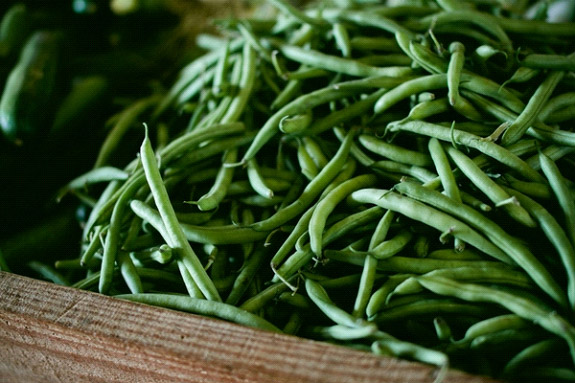
4. If possible, try to avoid antibiotics
As well as destroying the pathogenic bacteria, antibiotics attack beneficial bacteria in the gut thereby leaving us vulnerable to future infection. If you do end up taking antibiotics, make sure you take a good probiotic for at least a month afterwards to restore the balance of your gut bacteria.
5. Stay hydrated
In the summer, we have a natural tendency to drink more water, but it’s important to continue this in the winter for immune system benefits. Herbal teas also count towards your water intake. What happens if, in spite of your best efforts, you start to feel under the weather?
At the first sign of a cold and to limit its duration, dose up on echinacea and vitamin C or try Wellness Formula, a potent immune boosting supplement, which contains high levels of echinacea, garlic, olive leaf, vitamin C and zinc.
And to really nip it in the bud - sleep! Aim for seven to eight hours per night and remember the hours before midnight, are the most beneficial. Your body will thank you for it !
Written by Ruth Sharif Nutritional Therapist



